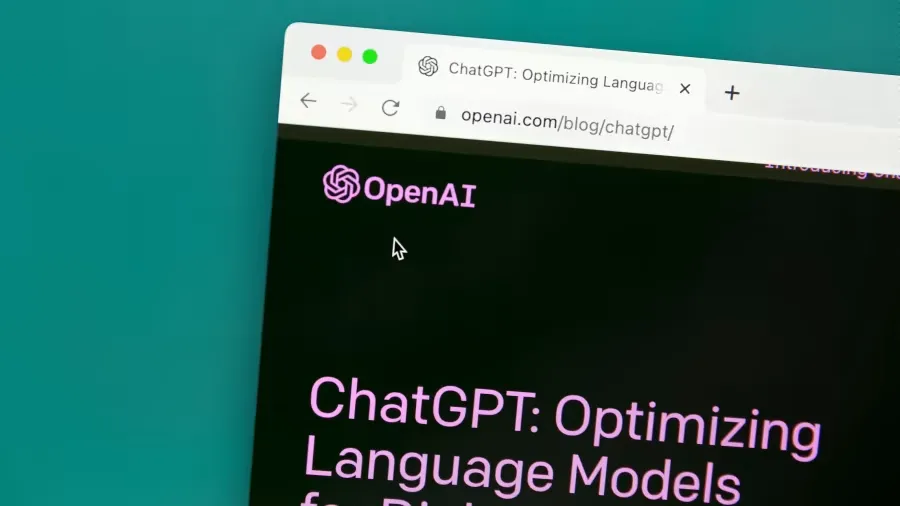
In the ever-evolving landscape of technology, ChatGPT stands as a remarkable innovation that has the potential to revolutionize the way we interact with digital systems. From addressing inquiries to offering personalized suggestions, its applications are vast. However, as we embrace its advantages, it becomes essential to recognize and address the associated risks. In this comprehensive article, we delve into the potential hazards posed by ChatGPT and elaborate on strategies to effectively mitigate them, with a particular focus on the significance of identity verification.
Unveiling the Potential Risks of ChatGPT
The Challenge of Misuse
One of the foremost concerns surrounding ChatGPT is its susceptibility to misuse. Owing to its ability to generate human-like text, distinguishing between authentic and machine-generated content can become exceedingly difficult. Its applications are diverse, ranging from disseminating false information and propagating hate speech to even furthering malicious propaganda. Furthermore, the training data it relies on might inadvertently perpetuate biases present in the original dataset. If the training corpus is skewed in favor of one gender, for instance, the generated text might subtly exhibit bias against the other.
Responsible AI for a Secure Tomorrow
To counteract the risks inherent in ChatGPT's capabilities, a multi-faceted approach is imperative. The ethical and responsible utilization of ChatGPT necessitates a combination of technical measures and human oversight.
Mitigating Bias through Careful Training Data
One effective technical strategy involves meticulous curation of the training dataset. By ensuring that the training data encompasses a diverse array of perspectives and content, biases can be mitigated. Problematic text must also be included in the dataset to ensure the model's familiarity with potential issues.
Vigorous Human Oversight
Human intervention plays a pivotal role in ensuring responsible AI usage. A team of proficient moderators, well-versed in reviewing ChatGPT-generated content, can guarantee adherence to legal and ethical standards. By formulating clear usage guidelines, users can be educated about acceptable interaction boundaries.
Harnessing Identity Verification
Another approach in the pursuit of risk reduction is the implementation of robust identity verification mechanisms. Requiring users to verify their identities prior to engaging with ChatGPT ensures only legitimate users have access. This curtails the spread of harmful content like misinformation and hate speech.
Diverse Identity Verification Techniques
Multiple methods exist for identity verification. One strategy involves users signing up using government-issued identification, such as passports or driver’s licenses. While effective, this can be time-consuming and might pose access barriers for some.
Embracing Biometric Authentication
Biometric authentication, such as fingerprint or face recognition, presents a quicker and more convenient alternative. Yet, it raises concerns about user privacy and data security due to the collection of sensitive personal information.
Irrespective of the chosen approach, safeguarding user privacy remains paramount. Implementing stringent access controls, encryption, and regular security audits are essential to prevent unauthorized access and data breaches.
Identity Verification's Multi-Faceted Benefits
The advantages of identity verification extend beyond risk mitigation, offering solutions to counterfeit accounts and spam proliferation. Moreover, it facilitates user authentication in online interactions, adding credibility to conversations on social networks and e-commerce platforms.
Embracing the Potential Responsibly
In summary, ChatGPT holds immense promise, but its utilization demands vigilant consideration of potential risks. Employing a blend of technological controls, human supervision, and identity verification is pivotal in minimizing these risks. Identity verification emerges as a crucial tool in ensuring that ChatGPT is harnessed by authorized and responsible users. Its implementation must prioritize user privacy and data security. By proactively addressing its potential risks, we can harness ChatGPT’s capabilities while safeguarding against its potential drawbacks.
FAQs about Mitigating ChatGPT Risks
Q1: What is ChatGPT's primary capability?
ChatGPT is designed to mimic human-like text generation, making it invaluable for tasks like answering queries and providing personalized recommendations.
Q2: What is the significance of identity verification?
Identity verification ensures that only legitimate users access ChatGPT, reducing the risk of spreading misinformation and hate speech.
Q3: How can biases be minimized in ChatGPT's output?
To mitigate biases, careful curation of training data, including problematic content, and diverse perspectives is crucial.
Q4: What is the role of human oversight in responsible AI usage?
Human moderators play a vital role in reviewing and ensuring that the content generated by ChatGPT aligns with ethical and legal standards.
Q5: How does identity verification enhance online interactions beyond risk reduction?
Identity verification bolsters the credibility of online interactions, prevents fake accounts, and elevates user confidence in social and e-commerce platforms.
